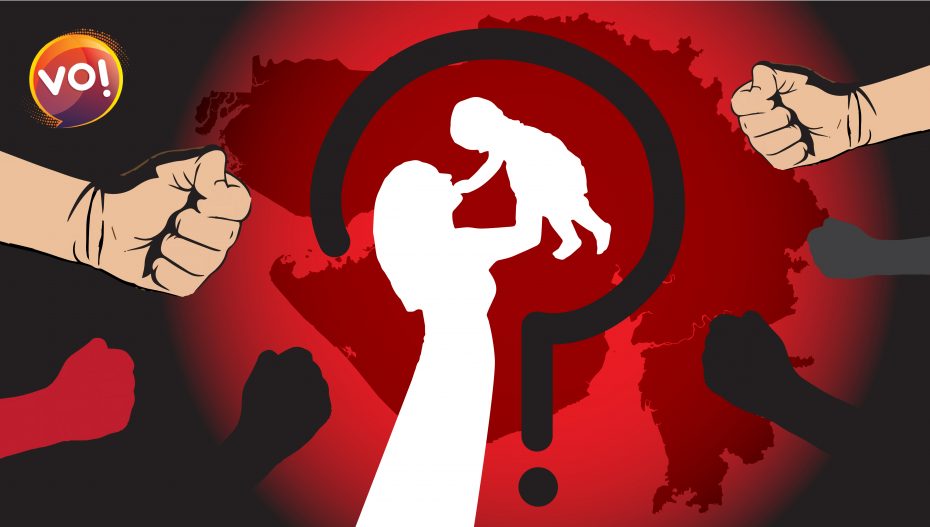Going by the National Family Health Survey 2019-20 (NHFS-5), there has been a reduction of six percent in domestic violence cases in Gujarat. Going a step further, Union Minister for Women and Child Development Smriti Irani has quoted the National Crime Records Bureau (NCRB) date of 2018 to 2020 to claim that Gujarat has zero cases under the Protection of Women from Domestic Violence Act.
While activists working for women’s rights claim this could be because the police are found reluctant to register cases under the Domestic Violence Act unless the woman is willing for a divorce, State agencies have a different take.
Says Remya Mohan Muthadath, Director for Gujarat unit of the National Health Mission, “Public Health Centres along with various Self Help Groups (SHGs) took necessary actions to assist women in tackling spousal violence according to directions by the Gujarat National Health Mission (NHM).”
“The 33 ‘Nirbahaya One-Stop Centres’ implemented via the Ministry of Women & Child Development in the State has also helped create awareness about domestic violence and the coordinated effort of various state departments has been bringing down acts of violence against married women”, she told Vibes of India.
There is another angle to this surprising trend, even as the local media is found replete with several stories daily. Instead of the police, there is a trend of survivors of violence approaching public health facilities as the first professional contact. A World Health Organization report state that women who have been subjected to violence seek healthcare more than other women since they often do not wish to disclose the associated violence.
Hence the survivors tend to choose healthcare providers with trust to disclose the abuse. India’s National Health Policy 2017 even emphasised that women’s access to healthcare must be strengthened by making public hospitals gender-friendly with sensitised staff and that women should be guaranteed free healthcare services in public and private sectors with dignity.
According to Remya Mohan, Gujarat’s health system has also initiated to include an effective response to curb domestic violence against women. There are 2,61,970 active SHGs (self-help groups) in Gujarat actively playing a major role in empowering women.
Society Of Women Action and Training Initiative (SWATI) is one such SHG response with a crisis intervention and support cell for women located within the premises of various rural public health centres in Gujarat. Manjula Pradeep, a member of SWATI, said the first cell was established in 2012, at the Community Health Centre and Referral Hospital, Radhanpur, and is a joint initiative with Gujarat’s Department of Public health and Family Welfare.
This initiative has now been expanded and two more cells have been set up in 2016 at the general hospital, Siddhpur, a 450-bed hospital, and at GMERS college and general hospital, Dharpur, which is an 800-bed multi-speciality hospital in Patan district. The setting up of additional cells marks a stage in the acceptance of violence against women as an issue to be addressed by the public health system.
Meanwhile, Jharna Pathak, a member of Ahmedabad Women Action’s Group (AWAG), told VO! that the common law applied in the case of domestic violence is section 498A of IPC which provides prosecution and punishment for husband or his relatives who commit cruelty on the woman. “But the police are reluctant to file a First Information Report (FIR) based on a domestic violence survivor’s testimony and often counsel the woman to do so only if they are ready for divorce,” Pathak pointed out.
Read More: Gujarat’s Malnourished And Anaemic Children Need Urgent Government Attention












